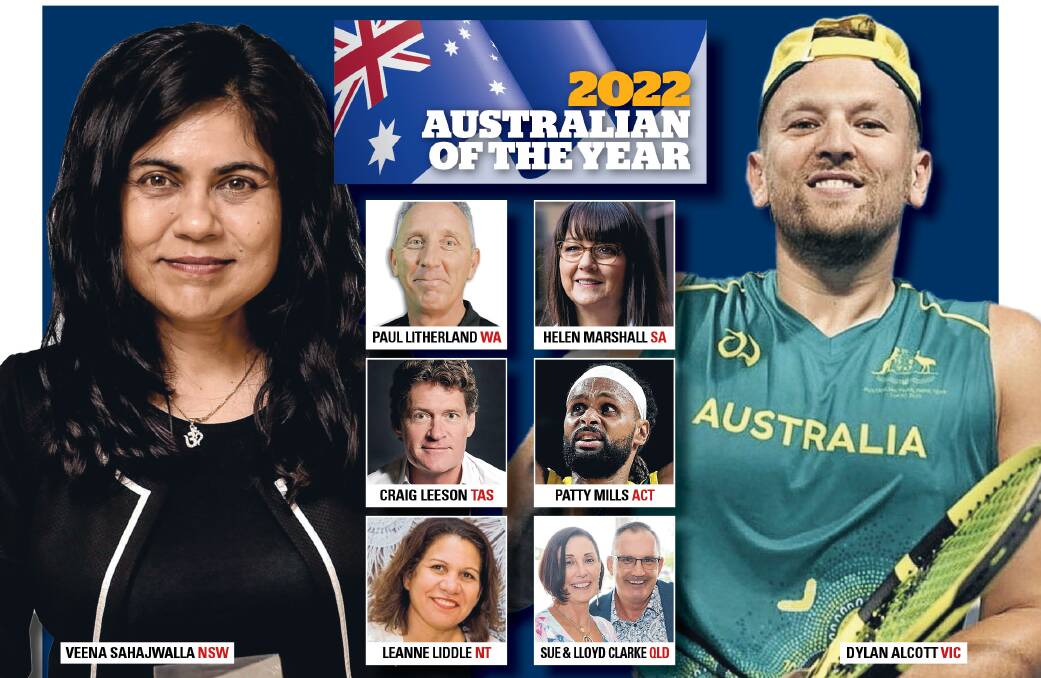
Hannah Clarke was driving her three children to school when the family was murdered in February 2020.
In a crime that rocked Australia, Hannah's estranged husband jumped into her car in Brisbane, doused the family in petrol and set them alight. Aaliyah, aged 6, Laianah, 4, and Trey, 3, died at the scene. But before she was taken to hospital, Hannah courageously managed to tell the police what had happened. She would die later that day.
While the intensive care units usually provide families with handprints of the deceased, Hannah's hands were so severely burnt that they captured her footprints instead.
The footprints inspired Hannah's parents, Sue and Lloyd Clarke, and their son Nat, to establish Small Steps 4 Hannah, a foundation seeking to end domestic violence and raise awareness about the dangers of coercive control.
With Hannah's indelible footprints featured in the foundation's logo, the Clarkes have channelled their heartbreak into educating Australia about what coercive control behaviours look like, including isolation, deprivation, demeaning behaviour, surveillance, threats to harm and actual harm.
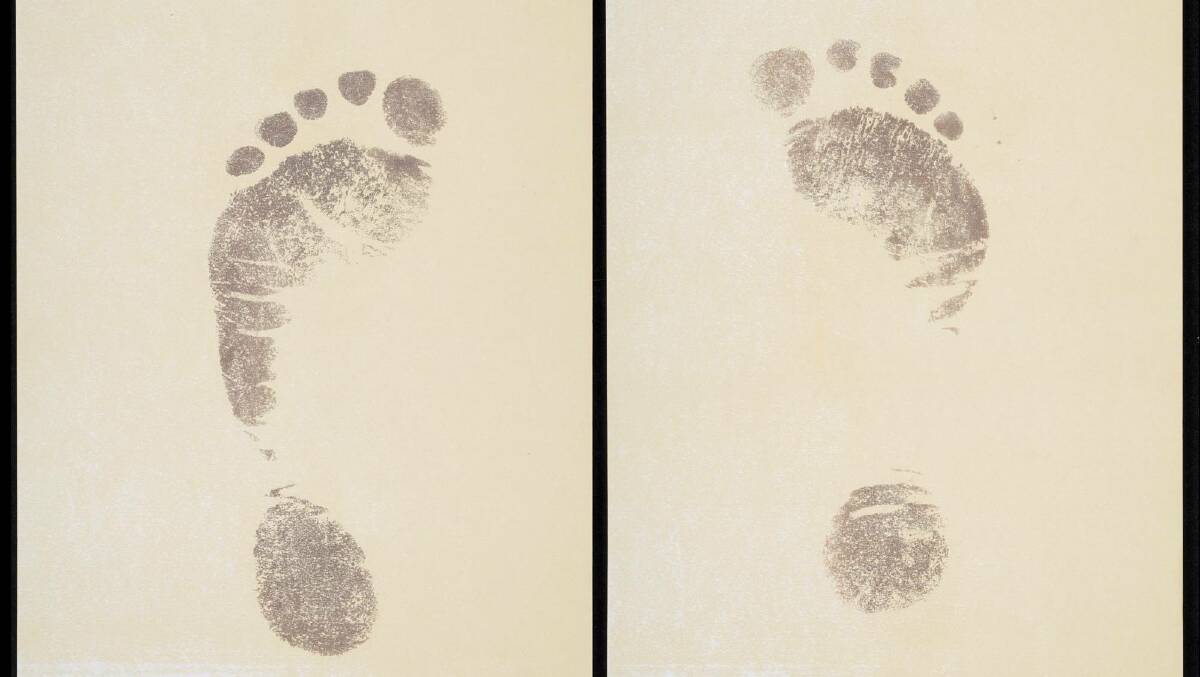
Their campaign for changes to the law led the Queensland government to commit to criminalising coercive control, with legislation expected before state parliament this year.
The Clarkes are Queensland's Australians of the Year for 2022.
"We never wanted to be in the national spotlight and be in this situation, but now that we are, can we do something to help?," the Clarkes told the National Museum of Australia in Canberra where a copy of Hannah's footprints are on display along with items of personal significance loaned by each state's national finalist for the 2022 Australian of Year Award.
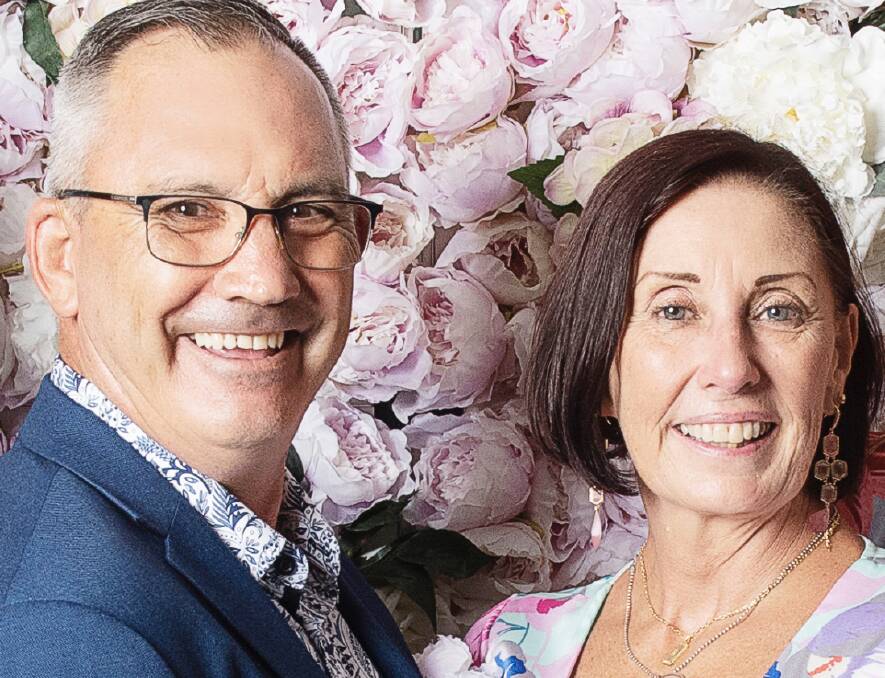
"We want people to be aware of what Hannah went through. And if there's anybody going through similar things, for them to be aware that it can be dangerous and to seek help."
The Clarkes describe Hannah as a warrior: "All she ever wanted was to be a mum. She certainly doted on her children and loved them so much. She was a very strong person. She was a warrior."
Here are the other finalists for 2022 Australian of the Year:
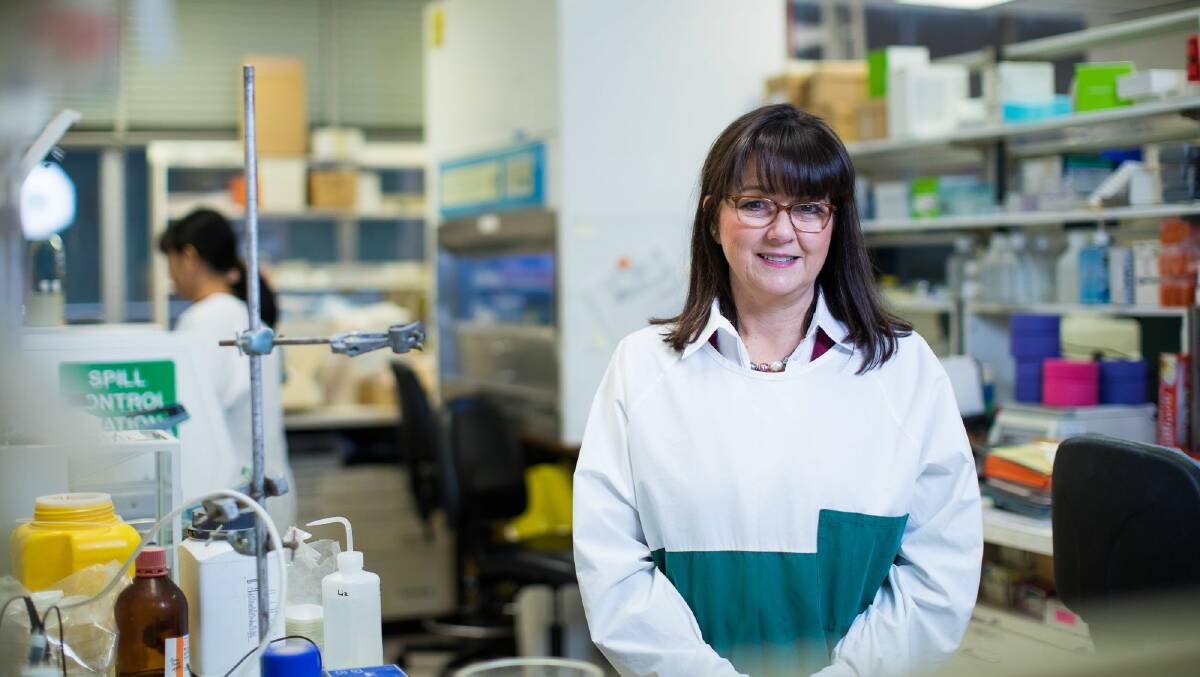
Helen Marshall - SA
One of Australia's most celebrated vaccination researchers, Professor Helen Marshall specialises in vaccinology, public health and infectious diseases at the University of Adelaide's Robinson Research Institute.
She has been involved in game-changing global studies of the effectiveness of vaccines on invasive meningococcal disease in teens and young adults. Since 2004, Professor Marshall has published 211 peer-reviewed papers and been awarded 17 research grants totalling more than $33 million. She's also been the recipient of three National Health and Medical Research Council Fellowships.
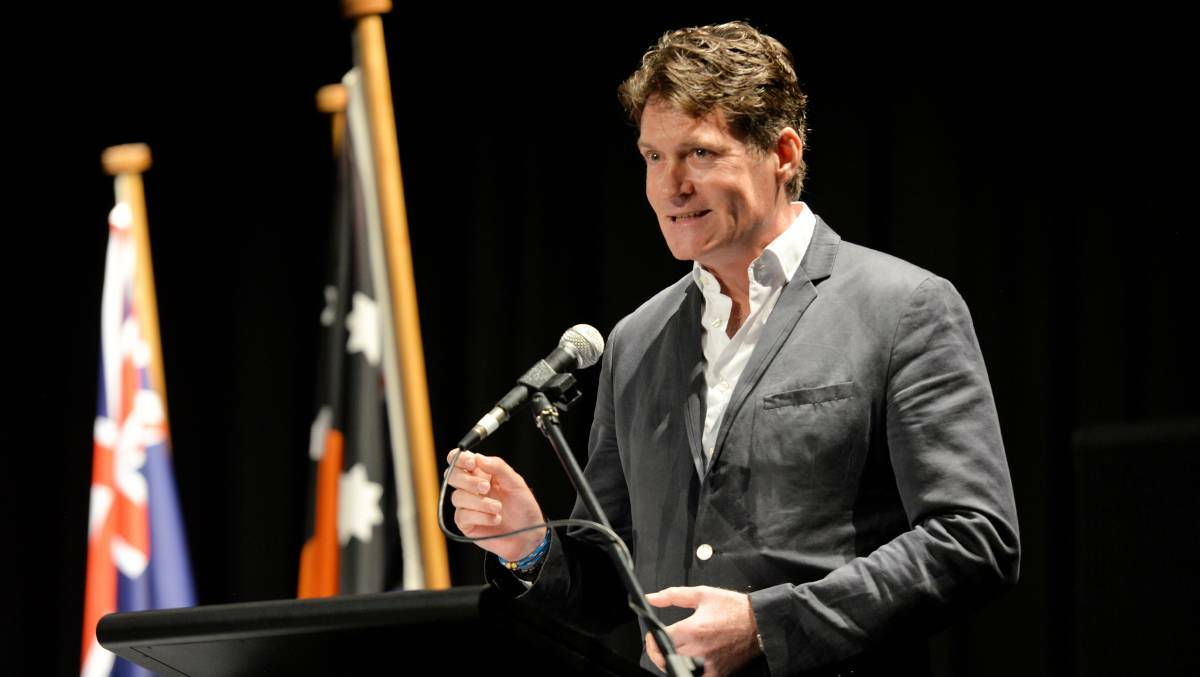
Craig Leeson - TAS
Award-winning filmmaker, journalist, television presenter and entrepreneur Craig Leeson is the CEO of Leeson Media International and Ocean Vista Films and co-founder of A Plastic Oceans Foundation.
Born in Burnie in north-west Tasmania, his 2017 feature-length documentary A Plastic Ocean helped raise global awareness of plastic pollution and his latest project, The Last Glaciers, looks at climate change. As an adviser to Plastic Oceans International he's striving to reduce single-use plastics.
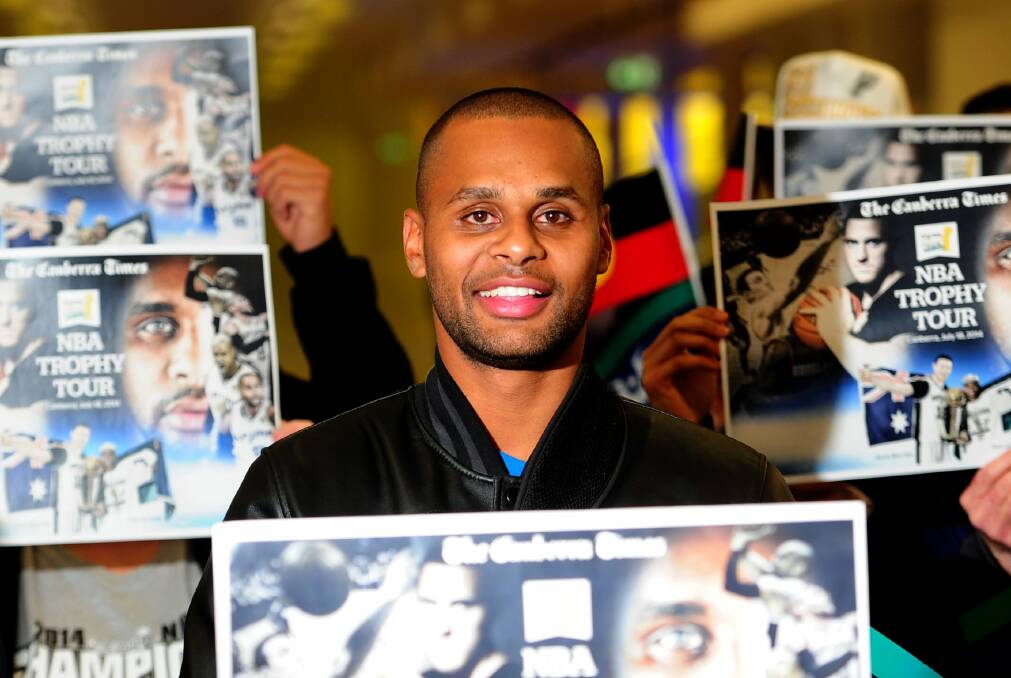
Patty Mills - ACT
NBA champion Patty Mills created history at his recent fourth Olympics as the first Indigenous Australian Olympics flag-bearer.
Beyond the basketball court, his charitable and advocacy endeavours include the Team Mills Foundation, which has funded causes as diverse as wildlife conservation and women's shelters, and the Indigenous Community Basketball League for juniors in such areas as Cairns, Dubbo, Alice Springs and Thursday Island.
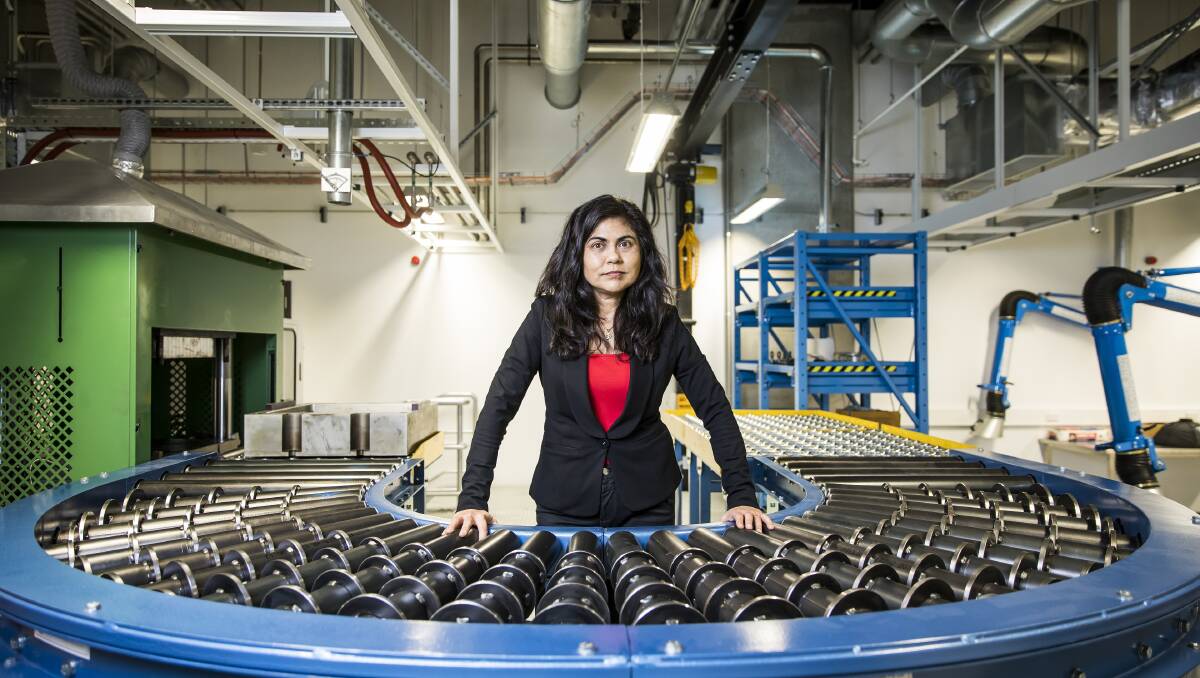
Veena Sahajwalla - NSW
Founding director of the Centre for Sustainable Materials Research and Technology at the University of NSW, Professor Veena Sahajwalla is a materials scientist and engineer whose pioneering research into waste is helping create a new wave of green materials and products.
Known for her invention of Polymer Injection Technology or 'Green Steel' and as a judge on ABC TV's The New Inventors, she leads two national research and industrial transformation hubs and collaborates with leading universities, industry and community groups, to develop and apply new recycling science into real-world environmental and economic benefits.
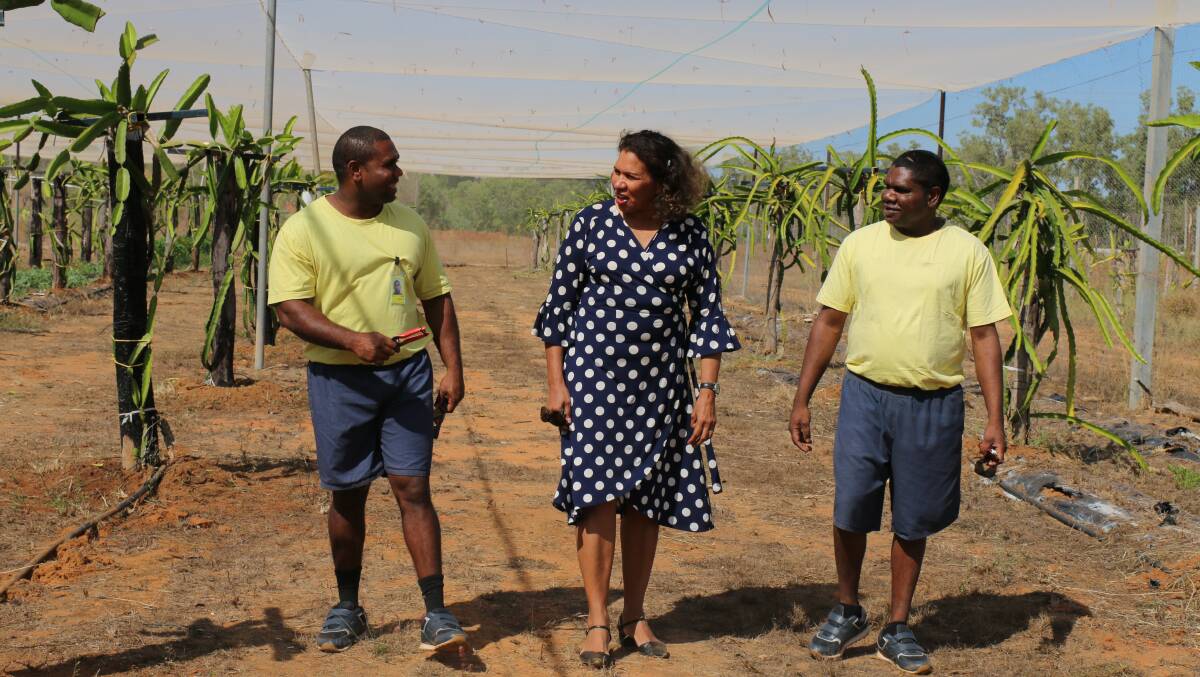
Leanne Liddle - NT
Born and raised in Alice Springs, Leanne Liddle was South Australia's first Aboriginal policewoman.
Now, as Director of the NT Aboriginal Justice Unit, she is the driving force behind the NT Aboriginal Justice Agreement, which, in partnership with Aboriginal people aims to reduce imprisonment rates, increase Aboriginal leadership, and improve justice outcomes for Aboriginal Territorians.
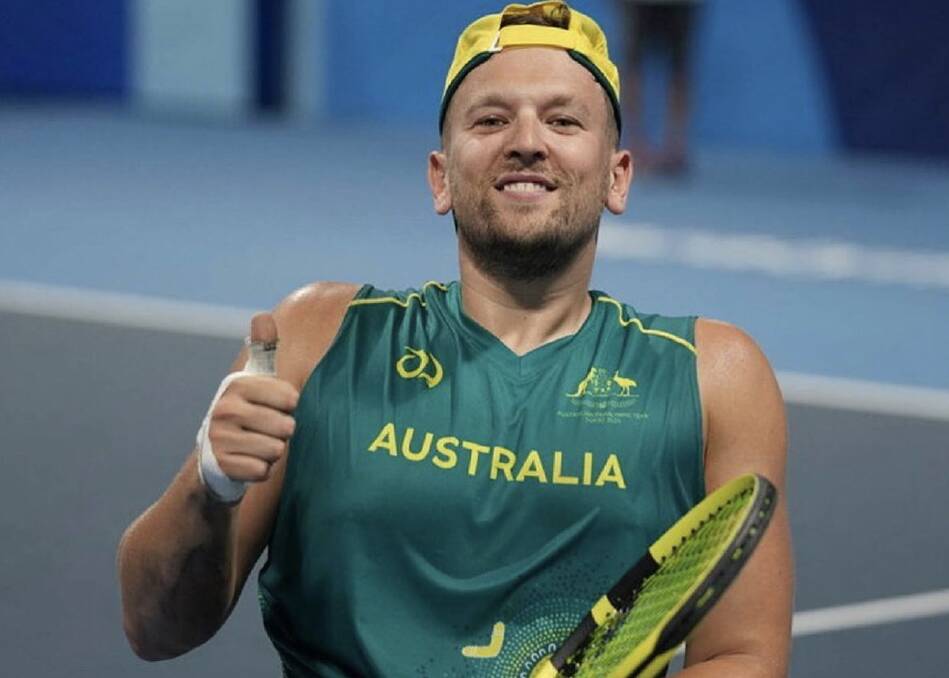
Dylan Alcott - VIC
A gold medal at the Paralympic Games in wheelchair basketball for Dylan Alcott led to three more in Paralympic competition after he switched to tennis. With 23 quad wheelchair Grand Slam titles and a Newcombe Medal, Alcott is the first male in any form of tennis to win the Golden Slam.
His Dylan Alcott Foundation provides scholarships and grant funding to marginalised Australians with a disability and his AbilityFest is Australia's first and only inclusive, fully accessible music festival.
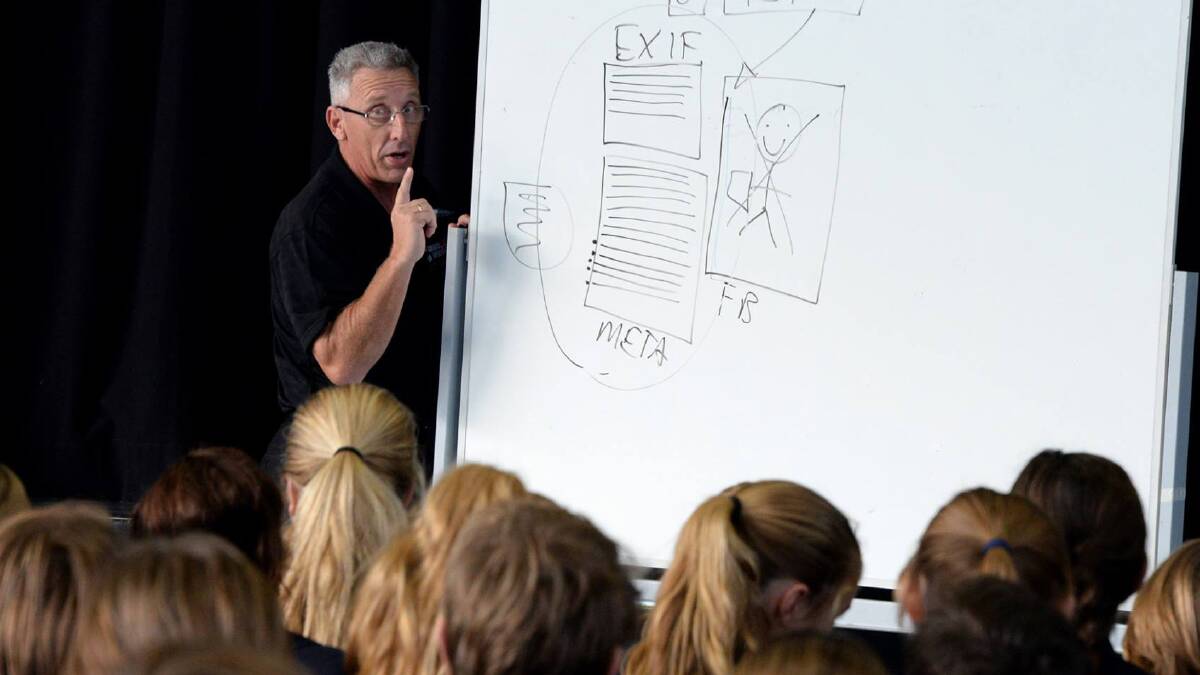
Paul Litherland - WA
In the last five years of his career as a police officer, Paul Litherland worked in the technology crime unit where he realised just how vulnerable kids were on the internet.
Frustrated at the lack of legislation helping to fight internet crime, he began conducting cyber safety presentations at schools. By 2014, he'd turned his passion into a business: Surf Online Safe, which educates teachers, students and parents about internet awareness and safety.
Today he's one of Australia's leading cyber safety educators and campaigners, speaking at more than 550 schools and organisations.
- ACM, the publisher of this newspaper, is media partner of the 2022 Australian of the Year Awards, which will be presented in Canberra on January 25 and telecast on ABC TV from 7.30pm (AEDT).
.







